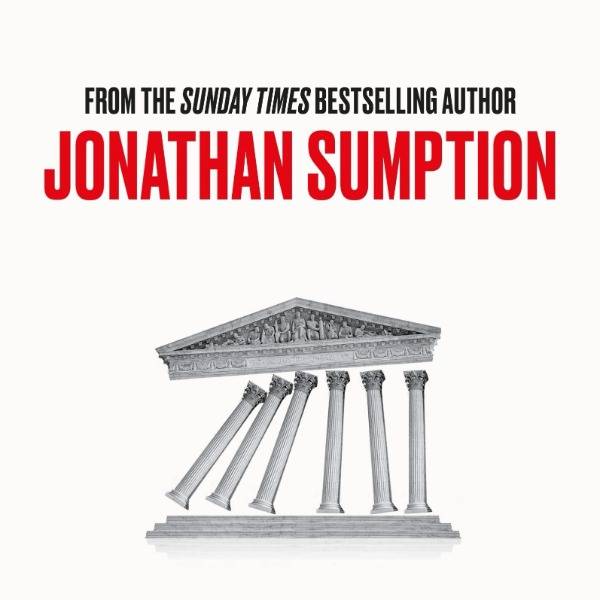My old paper, the Observer, now has an astrologer. Admittedly he's a fairly jokey astrologer, and some of his prognostications seem amusingly tailored for the market: "Scorpio: your career is the favourite target, but if you want to save the Amazon rainforest instead, you're empowered." Or they're a mixture of the flip and the awestruck: "Cancer: Wednesday's crabs bag the big bazoumi by having a new Moon fall on their birthday a rare omen of a leap into a bright new future." So the astrologer, Neil Spencer, means it, but has things both ways by making his prophecies snappy and funny as well. By contrast, the brilliant 'Psychic Psmith', written by Giles Smith in the Sunday Telegraph, didn't mean a word. For example: "Leo. Your lucky motor oil is Duckman's." Nor did the Monty Python team in their astrology sketch: "Nesbitt. In the morning an old schoolfriend of Duane Eddy's will stop by and whistle some of Duane's great instrumental hits. In the evening, you will die."
Astrology is so obviously nonsense, such patent, copper-bottomed, kitemarked garbage, it seems unreasonable that anybody should have to point the fact out. For one thing, the signs aren't even accurate. The gravitational pull of the sun and moon cause a phenomenon known as the precession of the equinoxes, which makes the earth's axis move in a cone shape.
Every 2,166 years the sun moves over one constellation in relation to us. Since Ptolemy drew up the signs of the zodiac in AD140, 1862 years ago, we are all nearly a full star sign out. People who think they are Virgos are really Leos; those who think they're Aries are actually under the influence of Pisces or would be, if the stars in Pisces didn't have a fraction of one millionth of the gravitational influence of the midwife who was standing by your mother's bed at the moment you were born.
No one has ever come up with the faintest hint of why astrology should work, and how its mystic influence travels through space to affect our sex lives, our work and our annual income. Nor have the innumerable scientific studies in the subject come up with anything except a gigantic pile of statistics that can be raided at will to 'prove' almost anything you want.
Now and again, some minute variation can be linked to time of year; for a while British working class babies were fractionally more likely to be born in autumn, probably since, without central heating, their parents tended to go to bed early in the coldest part of winter.
So-called 'serious' astrologers take themselves very seriously indeed. I once met Shelley von Strunckel, who shares the secrets of the stars with Sunday Times readers. She insisted that she worked on the most rigorous scientific principles, and would prove how successful she was by sending me the predictions she had made 12 months ago for the year that was then just ending. She had marked for my benefit her top prophecy: 'President Clinton will continue to skate on thin ice.' Even I could have figured that one without the help of the planets.
Of course it's always argued that it doesn't matter, that it's 'just a bit of fun' though the more self-important astrologers will never accept that.
But I suspect a lot of people do believe that there's truth in it, and when, in 1995, Jacqueline Mitton of the British Royal Astronomical Society pointed out that the precession of the equinoxes had bollixed everything up, the papers were full of believers saying they didn't believe that: "I'm a Taurus, and I always will be"; "I just know I'm a Gemini, and I don't care."
The reason it upsets me that the Observer prints this rubbish (I'm less sorry about the Sunday Times since Rupert Murdoch is perfectly cynical about everything he prints) is that there is a ton of misinformation out there already.
There are innumerable people who want to lie to us, to cheat us and mislead us. They include politicians, advertising men, financial advisors, people in show business, pension fund managers, public relations officers and, I regret to say, all too often journalists.
We don't need any more misinformation; we've got quite enough of that now. The Observer was a great, serious, earnest newspaper which printed truths and held opinions that made governments shake and the nation change its mind. It still does, which is why its astrology column is, to quote Prince Charles, a carbuncle on the face of a much-loved friend.

